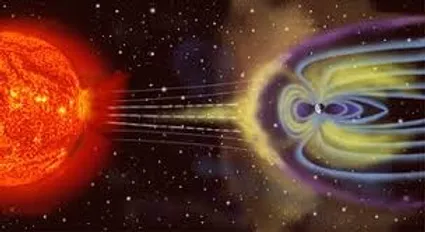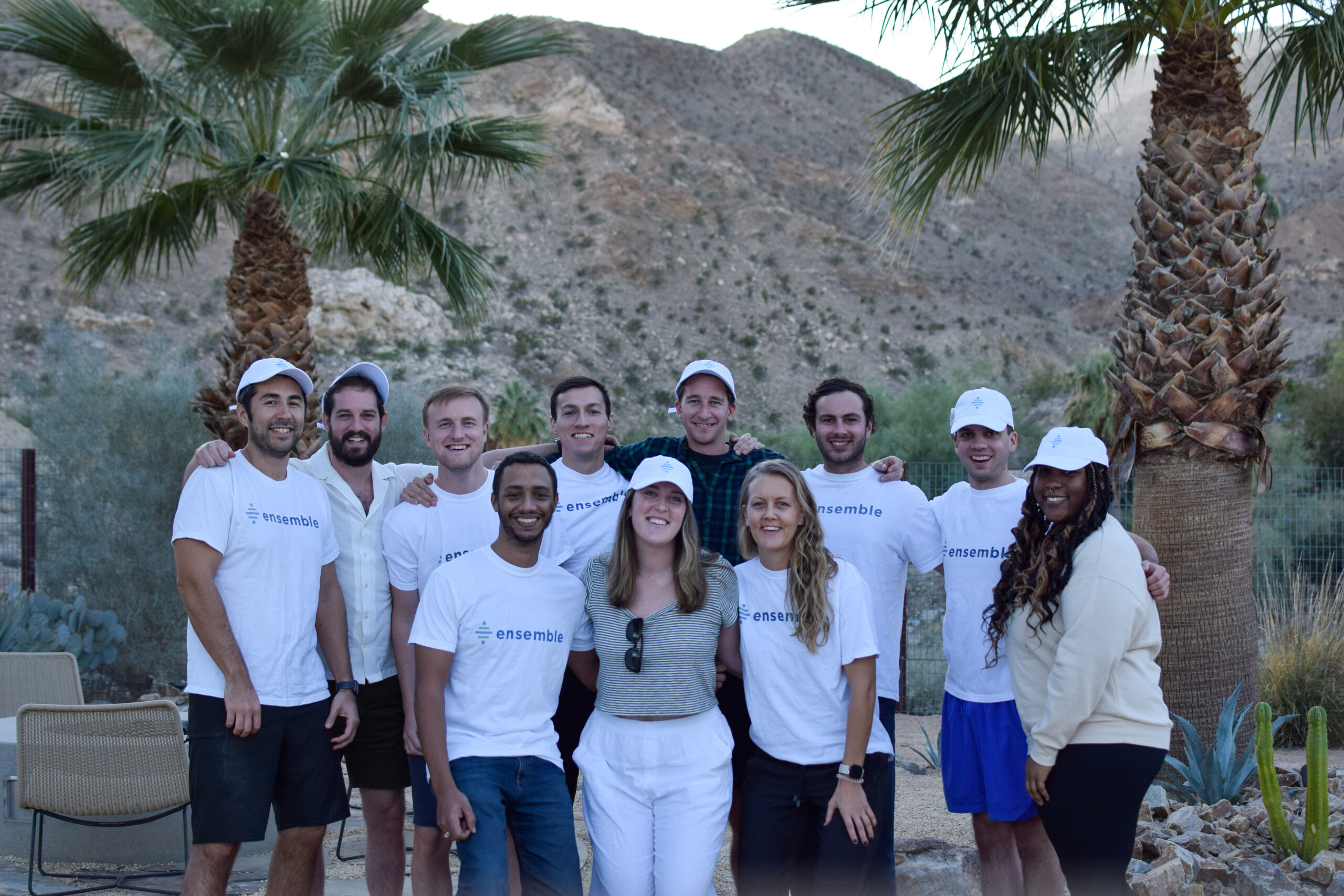On October 21, 2020, President Donald Trump signed S.288 the “Promoting Research and Observations of Space Weather to Improve the Forecasting of Tomorrow Act,” or “PROSWIFT Act” into law. PROSWIFT’s passage however, was accompanied by a signing statement expressing concerns over the Act failing to address space weather’s potential effect on national security and critical infrastructure.
A key provision in this Act is that it directs NOAA to consider options for building on baseline observation capabilities, including “commercial solutions, prize authority, academic partnerships, micro satellites, ground-based instruments, and opportunities to deploy the instrument or instruments as a secondary payload on an upcoming planned launch”. The encouragement of prize authority, and commercial solutions has the potential to encourage multiple agencies to launch prize competitions and crowdsourcing programs aimed at building on baseline observation capabilities. Some of the agencies delegated space weather related research include NASA and the Department of Defense. In the past, Ensemble has worked with these agencies to deliver crowdsourcing programs, primarily prize challenge competitions, and we are excited to continue working with them on both space weather and crowdsourcing initiatives in the near.
Despite the act passing largely because of space weather’s inevitable impact on national security, outlining the vital roles of multiple agencies, including the Department of Defense, President Trump claims; “The Act, however, does not address the resilience of national security assets or critical infrastructure to the effects of space weather. Without ensuring the resilience of these assets, our Nation will remain vulnerable to the effects of space weather, regardless of how accurate forecasting becomes. I look forward to working with the Congress to improve the resilience of national security assets and critical infrastructure to space weather.” The President’s critical signing statement indicates the Act falls short of national security standards and fails to enhance America’s preparedness for space weather events, like solar storms and flares; a part of the Trump administration’s renewed focus on space policy.
With a more clear path forward for federal prize competitions carved out by this bill, we look forward to continuing to advance government innovation through crowdsourcing. Furthermore, as we continue to develop the Kamodo space weather modeling and visualization tool through the NASA SBIR program, this legislation arrives at a timely moment as we continue to develop this technology to simplify and enhance space weather modeling and analysis.







